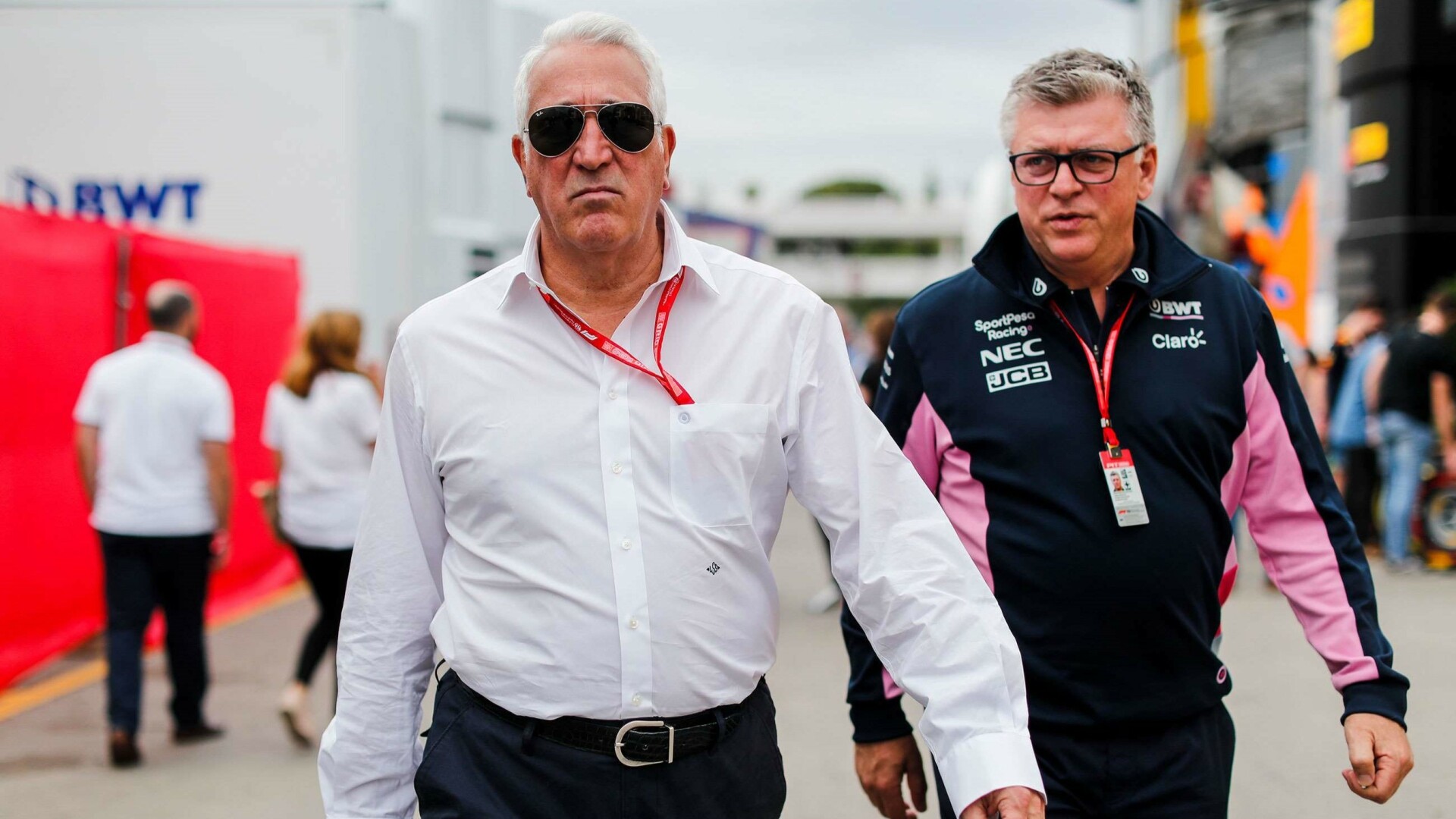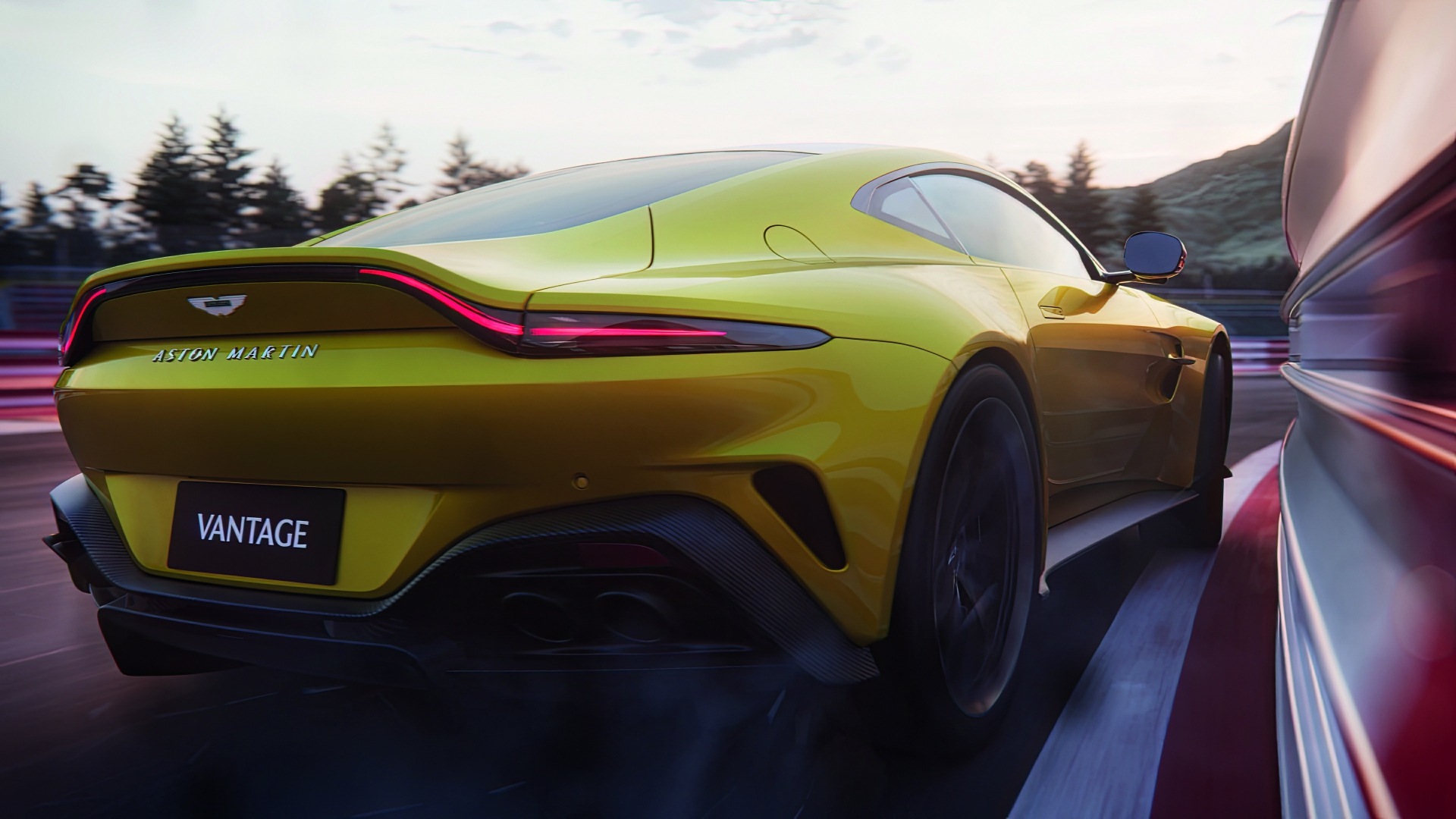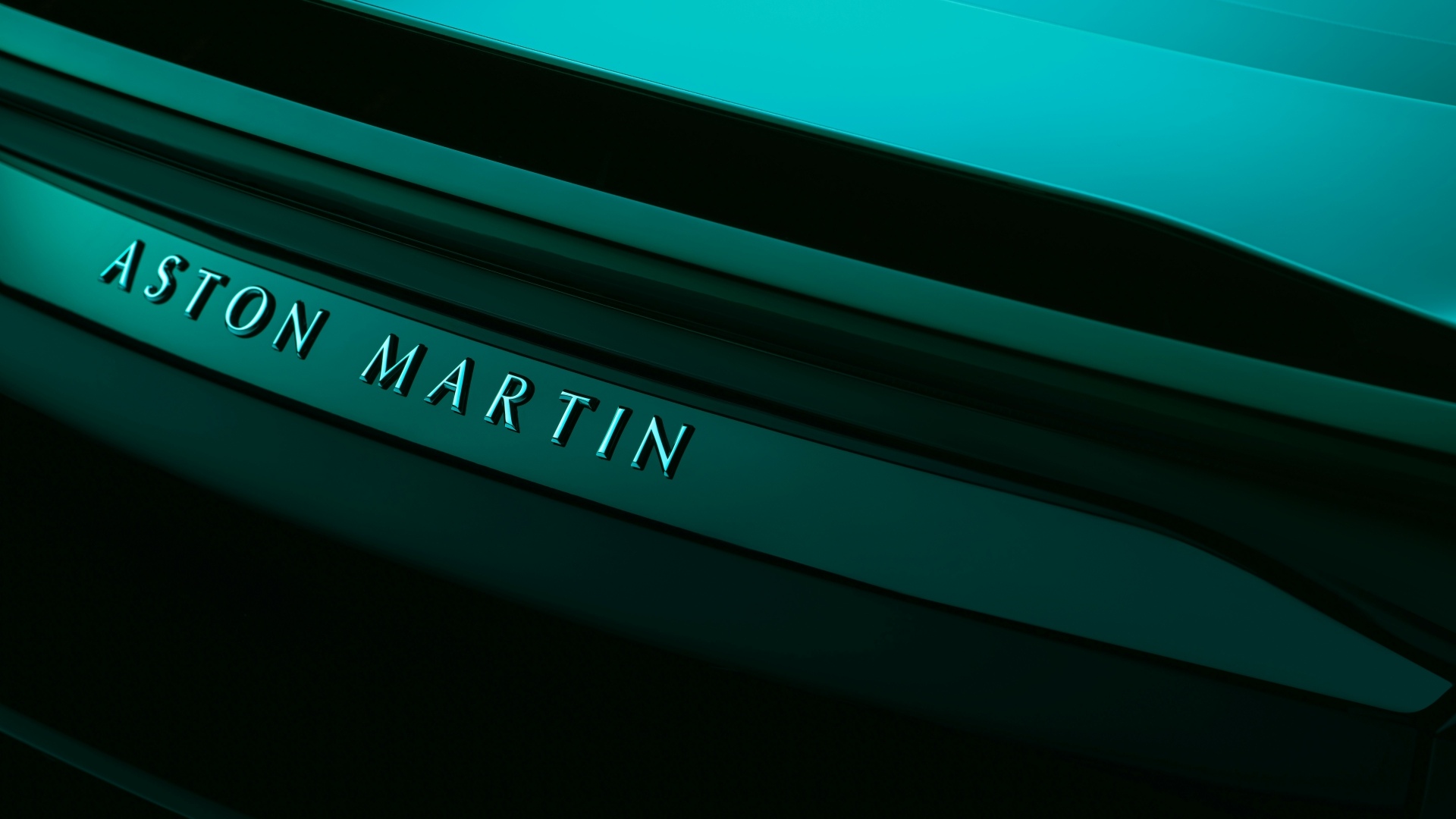Despite previous commitments to transition to an all-electric lineup by 2030, Aston Martin is now charting a different course under the leadership of Executive Chairman Lawrence Stroll. Stroll recently announced that the iconic luxury automaker will continue offering internal combustion engine (ICE) vehicles well into the 2030s, citing a strong preference among customers for the classic “sounds and smells” associated with traditional sports cars.
This strategic shift comes amidst a broader re-evaluation of electrification plans within the automotive industry as the pace of electric vehicle (EV) adoption appears to be slowing down. In an interview with Autocar, Stroll revealed Aston Martin’s revised approach, diverging from their previous timeline set in April 2022, which aimed for a full transition to EVs by 2030.

Originally slated to debut its first EV as early as 2025, Aston Martin has pushed back its electric vehicle launch to 2027 at the earliest, attributing the delay to the perceived gap between the hype surrounding EVs and actual consumer demand, especially within Aston Martin’s luxury price segment.
Rather than fully embracing electrification, Aston Martin is now investing heavily in plug-in hybrid technology as a transitional step towards electrification. The company has developed a versatile EV platform capable of accommodating various EV types, including grand tourers, SUVs, crossovers, and mid-engined supercars. While the specific model for their first EV remains undisclosed, indications suggest an electric Aston SUV may precede an electric sports car.

The focus on plug-in hybrids aligns with Aston Martin’s commitment to preserving the quintessential driving experience cherished by enthusiasts, as articulated by Stroll. Most of the hybrid technology will be integrated with Mercedes-AMG V-8 and V-12 engines, catering to customer preferences, particularly at Aston Martin’s luxury price point.
Stroll emphasized the company’s dedication to producing ICE vehicles for as long as regulations permit, reflecting confidence in sustained demand, particularly for plug-in hybrids. Despite the Evolving Industry of Automotive Technology, Aston Martin remains committed to delivering the iconic sounds and sensations that define the essence of luxury sports cars for generations to come.


Great News to see Petro moving forward.
it would be good to see Aston keep traditional gas engines and merge with a struggling EV, continue both offerings. Right now, less expensive to buy/merge with a struggling EV, that develop one.